Hernia Surgery in Karol Bagh, Delhi
Introduction
A hernia arises when there is a hole or opening in the peritoneum, the strong membrane that typically keeps stomach organs in place. A defect in the peritoneum causes organs and tissues to push through or herniate, resulting in a lump.
What are the different types of hernia?
Hernias occur most frequently in the following circumstances:
- A femoral hernia is a condition in which a bulge forms just behind the pelvic, and it is more common in women.
- When gastrointestinal tracts or fat from the middle extend past the lower stomach divider into the inguinal, or crotch area, an inguinal hernia occurs.
- A hiatal hernia occurs when the upper section of the stomach pushes out of the stomach pit and into the chest hole through an opening in the stomach.
- An umbilical or paraumbilical hernia causes a protrusion in the belly button.
- An incisional hernia through the scar can occur as a result of stomach surgery.
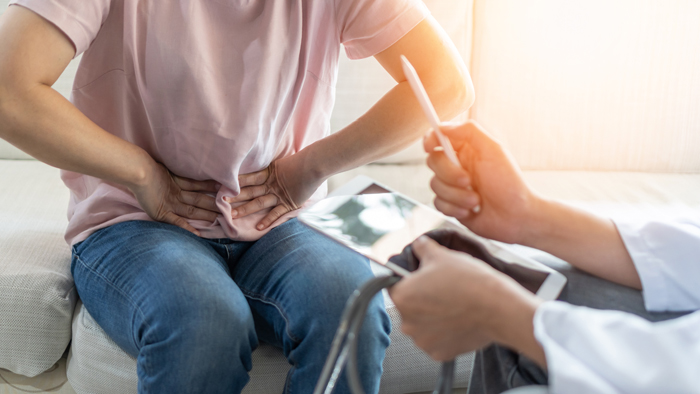
What are the symptoms of a hernia?
A lump or knot in the influenced region is the most well-known symptom of a hernia. You might notice that the lump goes away while you relax. Several types of hernias might have more noticeable adverse effects. Acid reflux, inconvenient gulping, and chest pain are some of these symptoms.
Hernias usually have no negative effects. You may not be aware that you have a hernia until it is discovered during a normal physical examination or a clinical test for a minor problem.
What causes a hernia?
Unless it's an incisional hernia (a complicated gastrointestinal surgical operation), there's usually no compelling cause for a hernia to occur. Hernias become more common in males as they become older, and they are more common in men than in women. A hernia can be inherited (existing at birth) or developed in children who have a weakness in their stomach dividing wall. Exercises and medical conditions that cause strain on the stomach partition might cause a hernia.
When to see a doctor for a hernia?
- If a hernia swell becomes red, purple, or dull, or if you detect any other indications or manifestations of a strangulated hernia.
- If you experience a painful or noticeable lump in your crotch on one or both sides of your pubic bone.
- When you're standing, the lump will most likely be more noticeable, and you should be able to feel it if you put your palm right over the affected area.
Request an appointment at Apollo Spectra Hospitals, Karol Bagh, New Delhi
Call 1860 500 2244 to book an appointment
What are the risk factors associated with a hernia?
- Any activity that puts a strain on the stomach partition might cause a hernia.
- Working hard might increase the intra-stomach pushing factor, resulting in a hernia.
- Hernias might develop as a result of a persistent cough.
- Weight gain in the stomach causes the stomach partition to stretch and hernias to form.
- The body releases hormones during pregnancy to allow the stomach partition to expand.
- Any operation on the stomach divider weakens it and increases the risk of a hernia.
What are the possible complications of hernia?
Untreated hernias can occasionally lead to actual entanglements. Your hernia may worsen, resulting in additional adverse effects. It may also compress other tissues, causing swelling and pain in the surrounding area. Strangulation occurs when the trapped portion of your digestive tract does not receive enough blood flow. A strangulated hernia is dangerous and requires immediate medical attention.
How can you prevent a hernia?
To prevent hernia, you should -
- Stop smoking
- Maintain healthy body weight
- Make every effort to avoid straining during a solid discharge or when peeing
- To avoid a blockage, eat a variety of high-fiber foods
- Perform exercises that help to strengthen the muscles in your midsection
- Lifting loads that are too big for you is not a good idea.
What treatments are available for hernias?
Surgical repair is the only technique to successfully treat a hernia. The size of your hernia and the severity of your symptoms will determine whether or not you require surgery.
Request an appointment at Apollo Spectra Hospitals, Karol Bagh, New Delhi
Call 1860 500 2244 to book an appointment
Conclusion
One must be aware that hernias can strike at any age, from birth to late adulthood. If you suspect you could have a hernia, get medical attention right away.
References:
https://www.mayoclinic.org/diseases-conditions/inguinal-hernia/symptoms-causes/syc-20351547
If left untreated, most hernias will only become worse. Besides, hernias can be excruciatingly painful.
Yes! There are several causes for this. Hernias do not heal on their own in adulthood and they degrade gradually.
The procedure typically takes 30 to 45 minutes to perform, and you will be able to return home the same day.
Symptoms
Our Doctors
DR. PALLAVI GARG
MBBS, MD (General Me...
| Experience | : | 17 Yeras Experience |
|---|---|---|
| Speciality | : | General Surgery & Ga... | Location | : | Karol Bagh |
| Timings | : | Mon - Fri : On Call... |
Our Patient Speaks
After having visited several other hospitals and clinics, we are so glad that we landed at the Apollo Spectra Hospital. The doctors here at the Apollo Spectra Hospital are very educated and well trained. They provided us with excellent guidance and ensured that they performed proper follow ups and check ups to ensure proper treatment of the patient. We found the staff at the hospital to be very friendly and co-operative, much more than that at any other hospital in the city. All formalities and paperwork such as insurance etc. was also very efficiently and quickly taken care of by the hospital. We are completely satisfied with our experience here at the Apollo Spectra Hospital. Keep it up!
Darshan Saini
General and Laproscopic Surgery
Hernia
Our experience at the Apollo Spectra Hospital has been quite a pleasant one. We found Dr. Kapil Agarwal, who was responsible for the treatment, to be very knowledgeable and highly trained, while also being a very gentle human being and a nice person. He informed us about the surgery and the precautions needed to be taken in advance and in a very perseverant manner. We found the people to be very helpful and kind. The nursing staff at the hospital was also very good and the whole process was completed smoothly.
Durga Gupta
General and Laproscopic Surgery
Hernia
I had a very successful surgery here at the Apollo Spectra Hospital under the observation of Dr. Saket Goel. I had a very nice experience during the surgery, which was a success, made by Dr. Goel. The post surgery treatment and care administered to me was exemplary, which made my recovery very quick. All the staff including nurses, administrative staff, staff at the front office and all the other staff was also very kind and helpful. Overall, the whole experience at the Apollo Spectra Hospital was a very nice one.
Farhat Ali
General and Laproscopic Surgery
Hernia
The hospital was clean and tidy. God bless the doctors and nurses of this hospital for the services they provide to the patients. There is also a decorum maintained by the front office staff. The housekeeping staff was also very. Overall, a brilliant experience. Highly recommended if you are looking quality healthcare.
Gaverdhan
General and Laproscopic Surgery
Hernia
Apollo Spectra is a good hospital. All staff including housekeeping is good and professional. I had a good time in this hospital.
JS Rawat
General and Laproscopic Surgery
Hernia
Let me just start by saying, ‘Thank you Apollo’. For several months, I was suffering from Hernia because of which, I was facing problems in my day to day life and even my daily routine was suffering. Having visited a number of doctors in the past with zero results, I had almost given up. That is when I came across Dr. Neelam. With his advice, I visited Apollo Spectra Karol Bagh for my surgery. Since Apollo is such a well-known name, it made me feel confident and reassured. Dr. Sagar was my surgeon at Apollo Spectra and he changed my life completely. I will forever be grateful. Thank you so much!
Manju Arora
General and Laproscopic Surgery
Hernia
Before undergoing my surgery, I was really scared and frightened. However, the doctor responsible for the surgery, Dr. Sandeep Banerjee was a calming presence who assured me of a positive outcome by reiterating that I was his responsibility and that he will ensure that nothing untoward happens to me and that the surgery is a success. Such calm, kind words spoken by the man in-charge of the treatment were a calming presence, which helped me regain my composure and were a big help to me. Post my surgery, I realise how those kind words were spoken with true genuity and touched my heart. My surgery was a success and I would like to thank Dr. Banerjee and Apollo Spectra hospital for the same.
Mazaruddin Amani
General and Laproscopic Surgery
Hernia
I was suffering from abdominal pain for quite sometime and consulted at various places for the same without avail. I was recommended Apollo Spectra by a relative. I met with the doctor here and he prescribed an ultrasound. He told me that I had a knot in my abdomen which needed surgical attention. I was admitted and taken for the surgery the very next day. I am much better now. The doctor operated me well.I am pleased with this hospital and the comfort it has provided me.
Mr. Ram Nath
General and Laproscopic Surgery
Hernia
I am SK Brali and I am a resident of New Delhi. I came to Apollo Spectra Hospital, Kailash colony for the treatment of my Ventral Hernia for which I was treated by Doctor Sandip Banerjee. The environment at Apollo is completely home-like and I am thoroughly satisfied with my experience here. I hope Apollo keeps up the great work and extend its efficient services to more and more people. Thank you.
SK Brali
General and Laproscopic Surgery
Hernia
Surendra Agarwal from Nepal, talks about his Hernia Surgery by Dr. Sukhvinder Singh Saggu at Apollo Spectra Hospitals.
Surendra Agrawal
Hernia Repair Surgery
During the course of my treatment at the Apollo Spectra Hospital, I had a very great experience. I found the doctor responsible for my treatment, Dr. Sandeep Banerjee, to be a very supportive doctor, who was also very humble. The supporting staff at the hospital was also very nice and supportive, during the entire course of my treatment. The hospital staff at the Apollo Spectra Hospital was very helpful and meted out proper treatment to me. They were also very forthcoming with the best ways for treatment and care. I am very happy with all the treatment provided to me as well as the services offered to me at the Apollo Spectra Hospital. All in all, it was a very nice experience at the hospital.
Surya Narayan Ojha
General and Laproscopic Surgery
Hernia
Our Top Specialities
NOTICE BOARD
CONTACT US
CONTACT US
 Book Appointment
Book Appointment




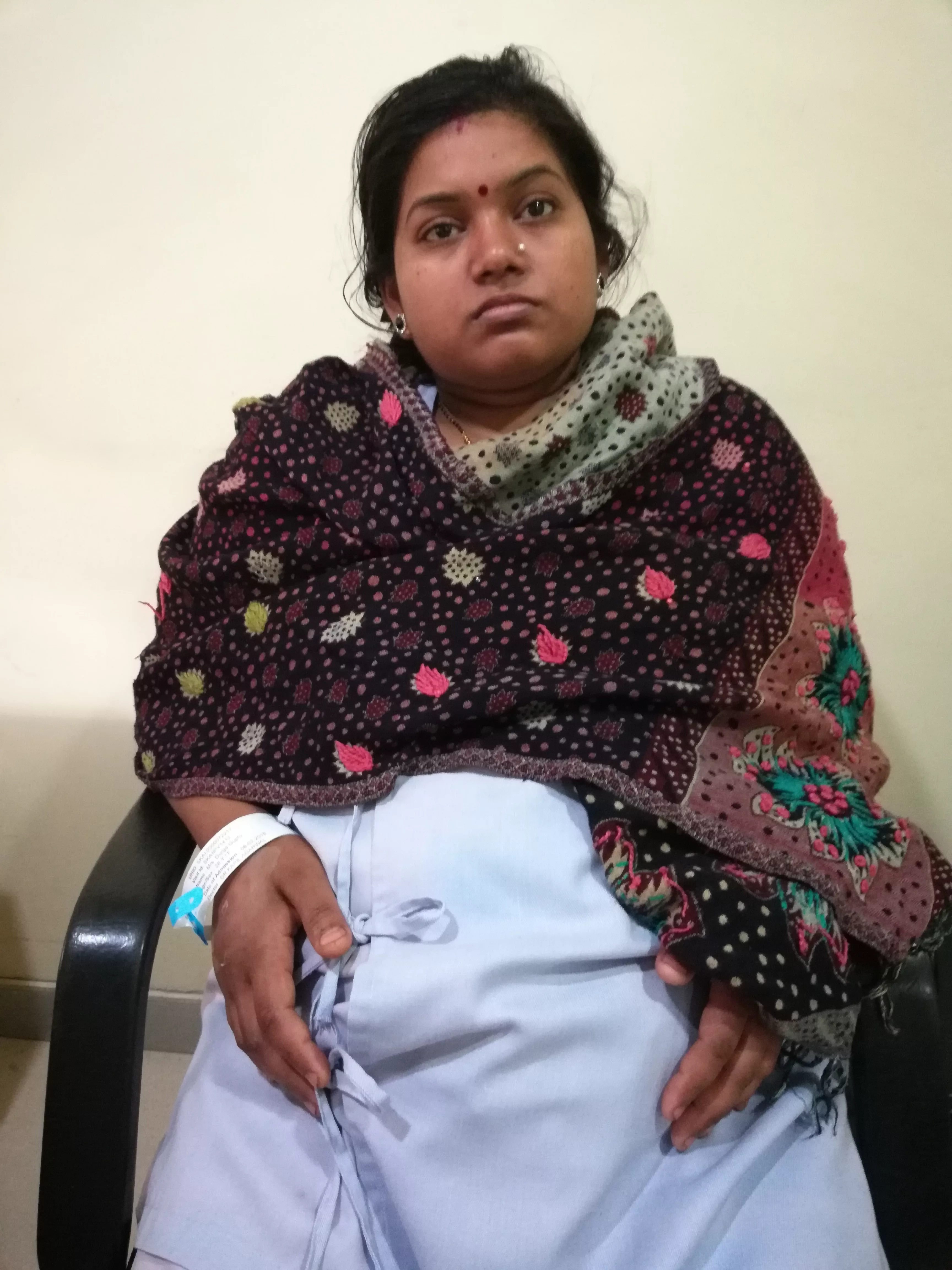
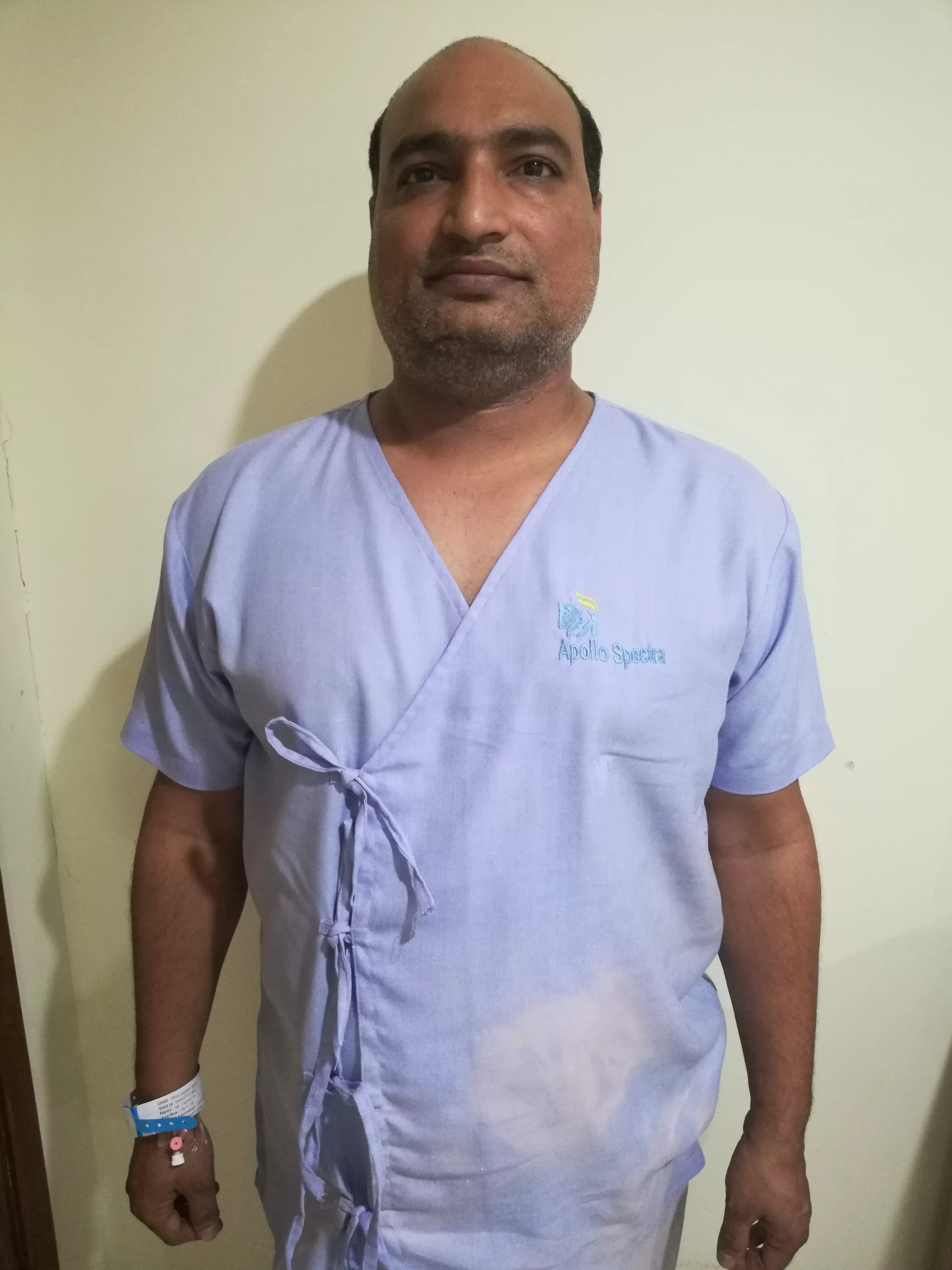
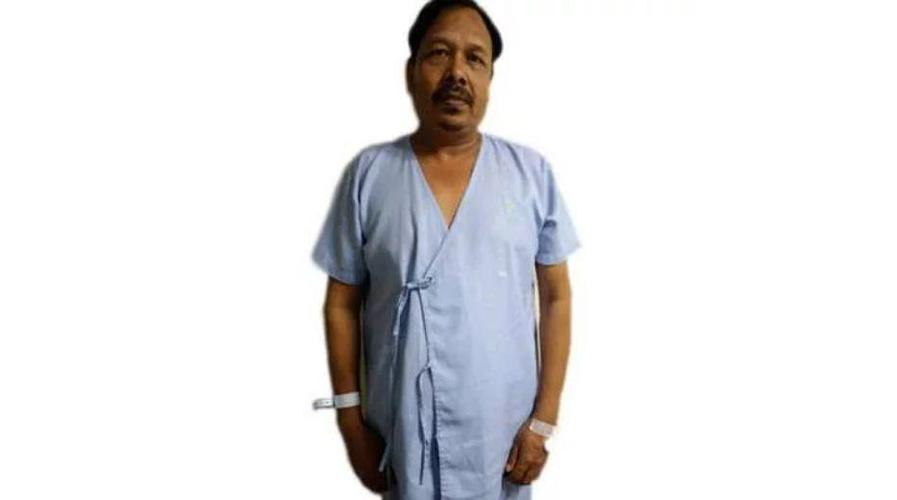


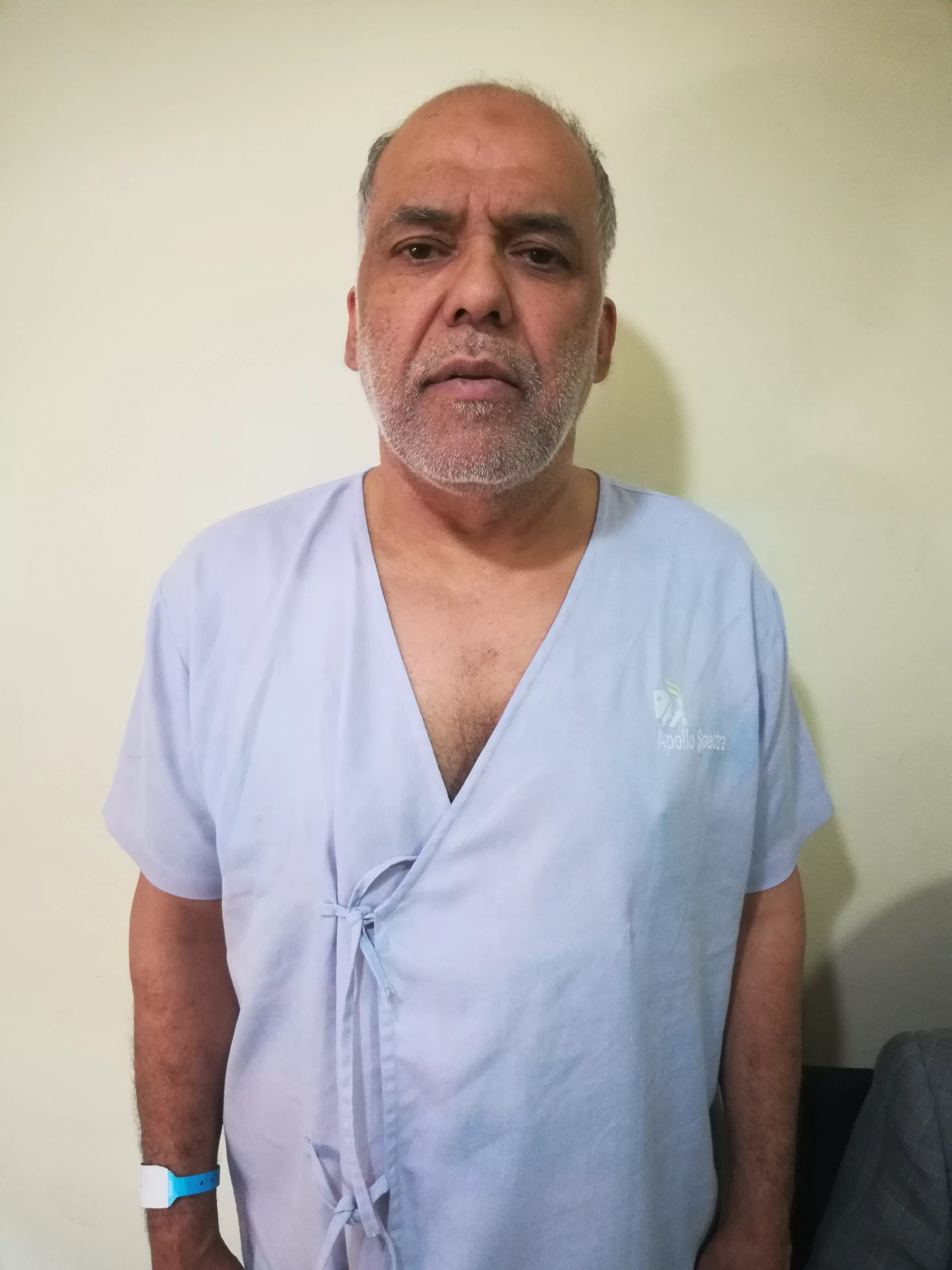
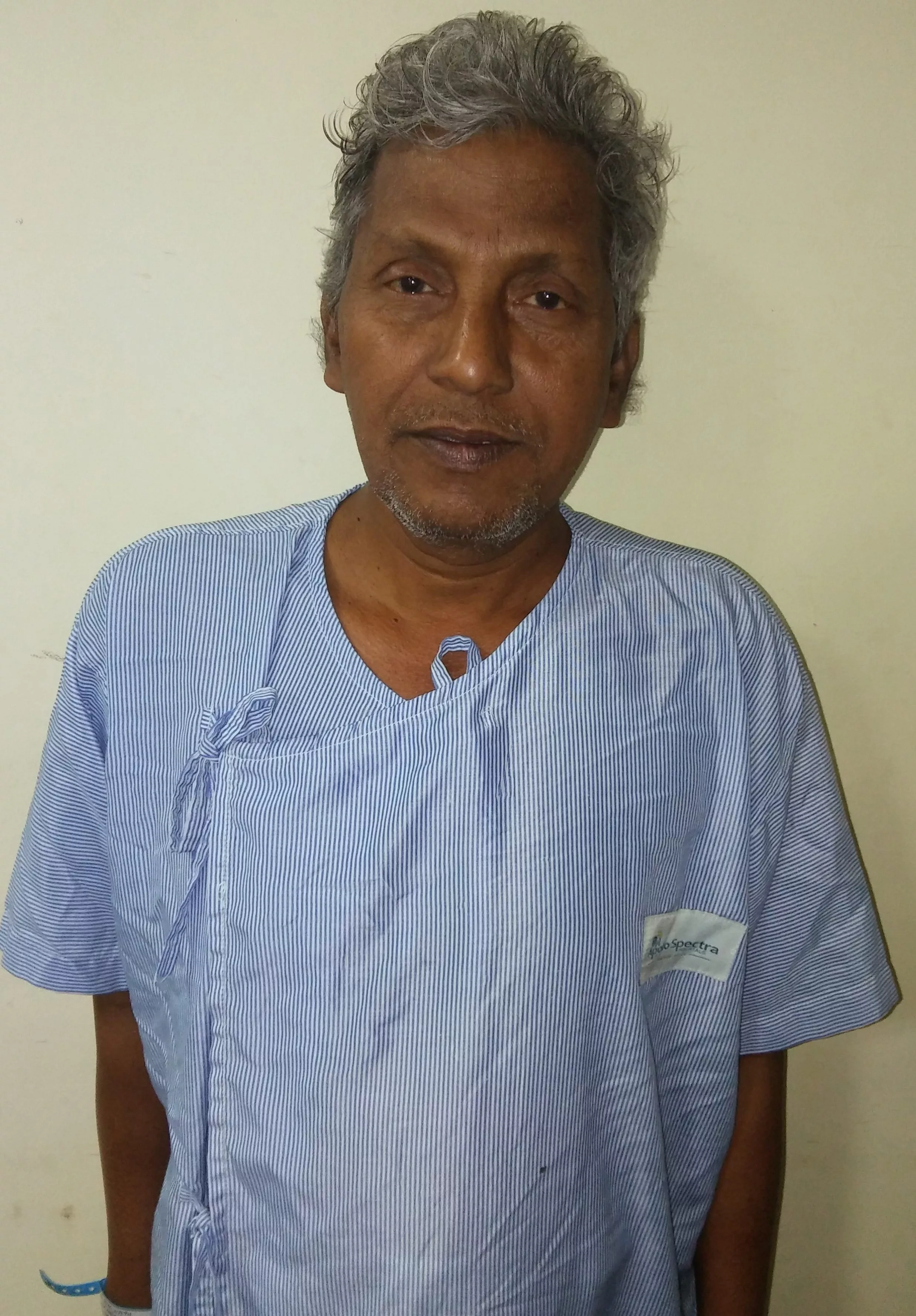
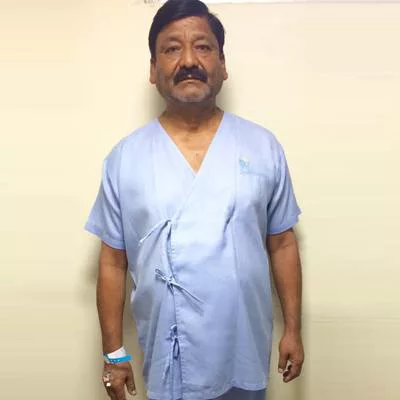

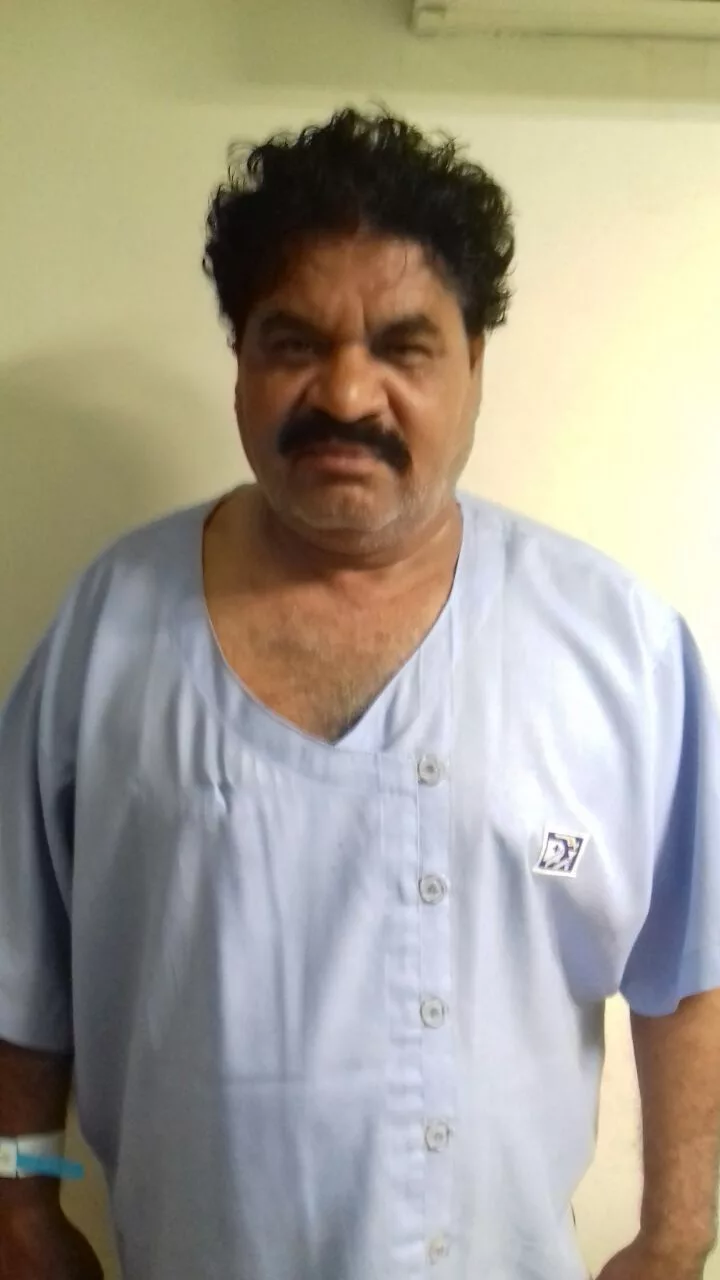
.svg)
.svg)
.svg)
.svg)








